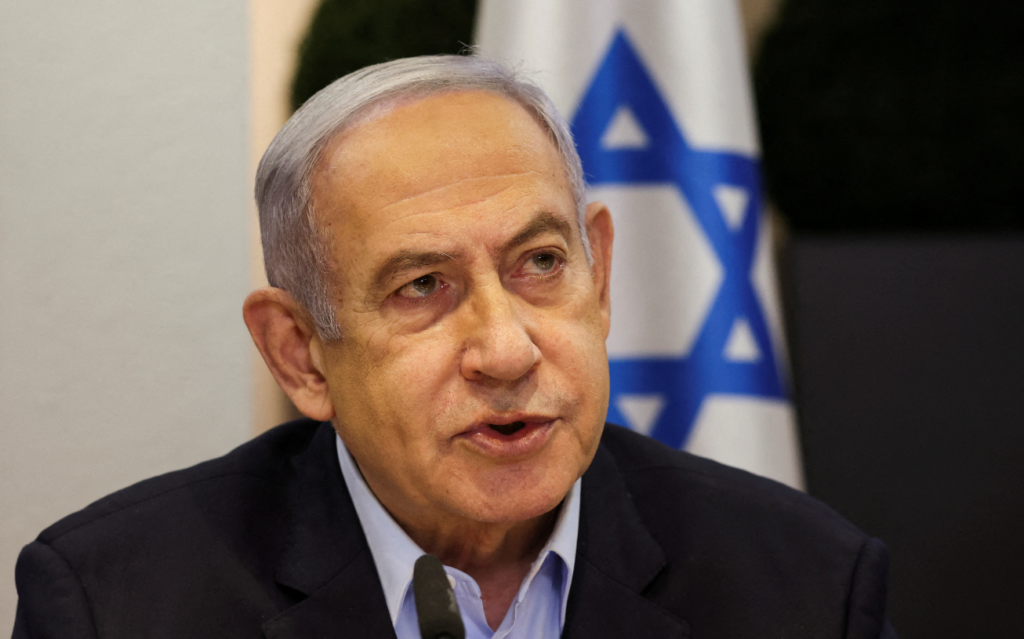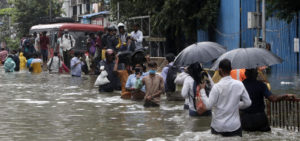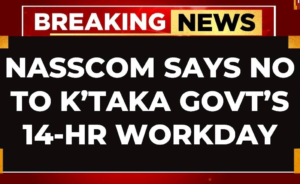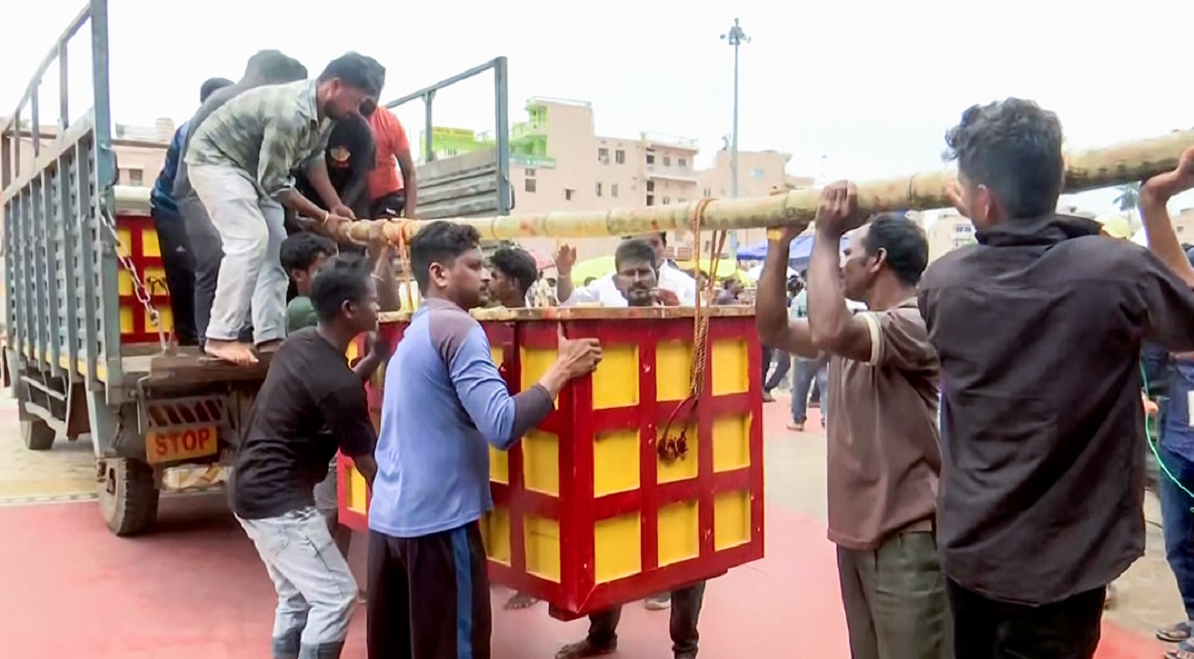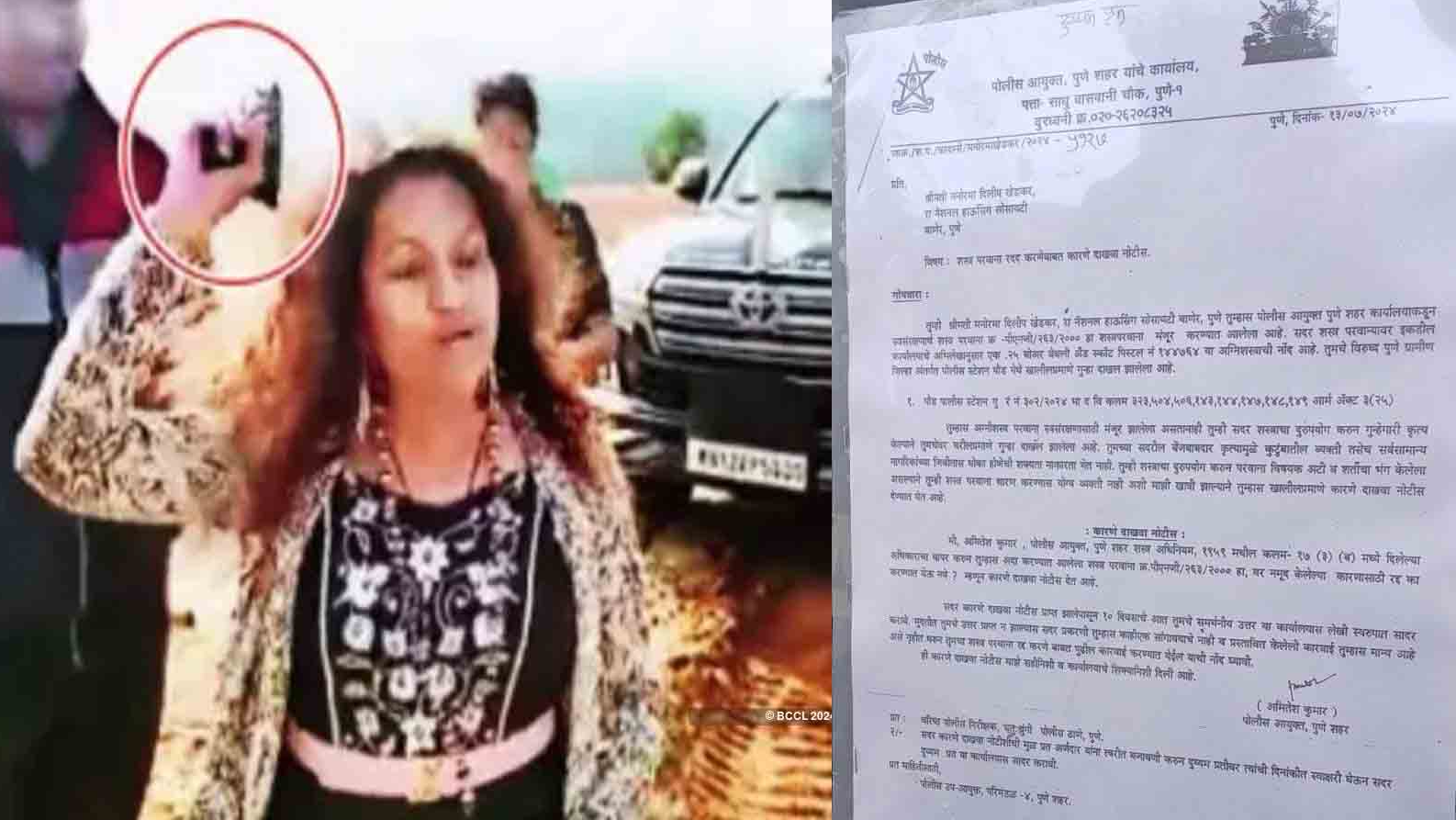The International Criminal Court (ICC) is currently investigating the Israel-Hamas conflict, specifically focusing on Hamas’ cross-border attack and Israel’s devastating military assault on Gaza, which has been ongoing for seven months. In a significant development, there are indications that the ICC may soon issue arrest warrants for government officials, including Prime Minister Benjamin Netanyahu, related to their conduct during this war.
ICC’s Jurisdiction and Concerns
The ICC has the authority to charge individuals with war crimes, crimes against humanity, and genocide. Israeli officials are apprehensive that the court could issue arrest warrants against Netanyahu and other top officials for alleged violations of international humanitarian law in Gaza. The situation is further complicated by the fact that Israel is not a member of the ICC and does not recognize its jurisdiction. However, the Palestinian territories were admitted with the status of a member state in 2015.
Israeli Response and International Reactions
In response to media reports suggesting potential arrest warrants, Foreign Minister Israel Katz has warned Israeli embassies to bolster security due to the risk of a “wave of severe antisemitism” if such warrants are issued. Prime Minister Benjamin Netanyahu, while asserting that ICC decisions would not impact Israel’s actions, emphasized that they would set a dangerous precedent.
The ICC Chief Prosecutor, Karim Khan, has previously stated that the court has jurisdiction over potential war crimes committed by Hamas fighters in Israel and by Israeli forces in the Gaza Strip. His team is actively investigating any alleged crimes in Gaza, and those found in breach of the law will be held accountable.
The United States, Israel’s ally, has taken a firm stance against any possible prosecution of Israeli government members. U.S. Ambassador to the U.N., Linda Thomas-Greenfield, clarified that the ICC’s efforts are independent and without U.S. interference1. The White House spokesperson echoed this sentiment, emphasizing that the ICC has no jurisdiction in this situation and that they do not support its investigation.
Implications over Arrest Warrant for Netanyahu
If arrest warrants are issued, those affected would face limitations on their travel. As members of the ICC, more than 120 countries, including most European nations, Japan, and Australia, would restrict their entry. Detention could also be a possibility.
The situation remains tense, and international reactions vary. While the ICC continues its investigation, the world watches closely, aware that any legal action against high-ranking officials could have far-reaching consequences for international justice and diplomacy.
Matthew Gillet, a lecturer in international law at the University of Essex, emphasized that anyone issued with an arrest warrant would face significant challenges in their global mobility. The outcome of this legal battle will undoubtedly shape the future of accountability for war crimes and the delicate balance between national sovereignty and international justice.


